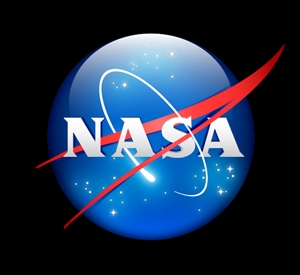NASA Expands Podcast Selections with New Science Series

“Gravity Assist,” a new NASA weekly podcast series, launches Wednesday on NASA.gov and the SoundCloud and iTunes audio platforms. This initial 10-part series, with plans for future episodes, features top scientists from around the world guiding listeners on a tour through our galactic neighborhood as they explore the wonders of the solar system and beyond.
The goal of “Gravity Assist” is to give the public a more in-depth, personal and engaging look at the science and people behind NASA missions. This series will consist of lively conversations about some of the top mysteries in space science with many of the world’s leading scientists. The title refers to the term “gravity assist,” which describes the slingshot effect a spacecraft gets when it uses the gravity of a planet or another object to speed up or alter its course.
This introductory series will start with the Sun, followed by new segments each week on Mercury, Venus, Earth, Mars, Jupiter, Saturn, the ice giants Uranus and Neptune, and Pluto. Future installments of the series will explore other science topics throughout the universe.
Other popular NASA podcasts include “NASA in Silicon Valley,” a weekly series from the agency’s Ames Research Center in Silicon Valley, California, featuring an in-depth look at the various researchers, scientists, engineers, and all-around cool people who work at NASA to push the boundaries of innovation.
Additionally, earlier this year NASA launched, “Houston We Have a Podcast,” the official podcast of NASA’s Johnson Space Center in Houston. Some of the brightest minds of America’s space agency are featured on the show, discussing human space exploration. Astronauts describe firsthand what it’s like to launch atop a rocket, live in space and re-enter Earth’s atmosphere, and guests reveal the more human side of space from behind the scenes with never-heard-before stories.
Listen to “Gravity Assist”:
To download and listen to “Gravity Assist” and other NASA podcasts, visit:
To watch an introductory video on “Gravity Assist,” visit:
-end-





